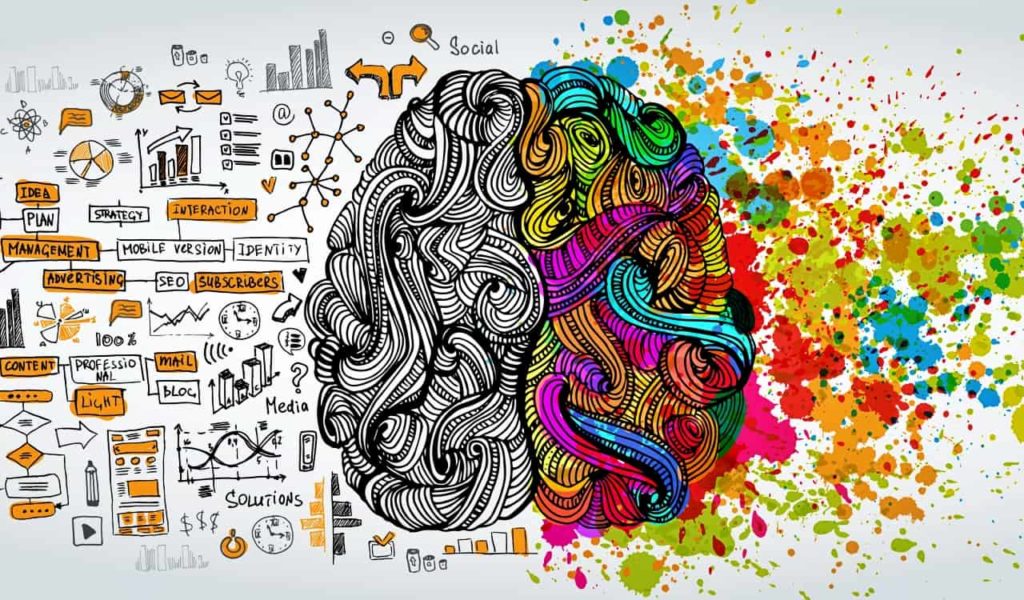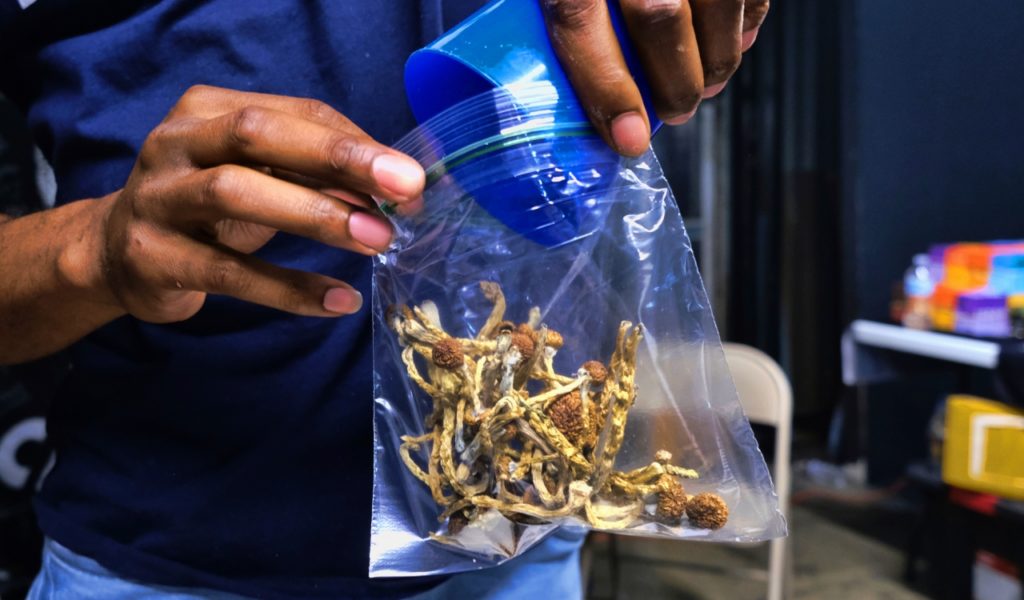There might be some potential in those psychedelics you’ve heard about for a long time. While most believed them to be drugs that only served to harm someone, especially mentally, this might not be as true as people thought. In fact, they might be helping a person’s brain.
It’s no surprise that we’ve seen issues with specific drugs over the years only to find later that they have therapeutic effects. Just look at the world of cannabis if you need an example. However, most did not see how psychedelics could help therapeutically.
Now, a clinical study that revolved around testing psychedelic treatments for health disorders has found that they can be helpful. The question most might have is simple. Well, how do they help? Let’s examine.
Brain Treatment

During their trials, scientists found that specific psychedelic substances help people by getting inside nerve cells in the cortex. Of course, the cortex is a major part of the brain that is important for consciousness. These substances get in and basically tell neurons to grow.
There are many health conditions such as depression and post-traumatic stress disorder or PTSD that are tied to chronic stress. This type of stress actually degrades neurons in the cortex during our lifetime.
For many years, scientists felt that somehow repairing those cells could provide some benefits to a person. Including things like lowering their potential anxiety and even improving a person’s mood.
What psychedelics actually help with this?
Psilocin is the biggest one. It’s the major substance found inside the infamous “magic mushrooms.” Yet this is also found inside LSD. This is able to repair nerve cell branches that receive information (dendrites) by promoting growth.
It’s not the first time we’ve seen the drug show positive outcomes like this during research periods. The problem is that scientists are not sure how the substance triggers cell growth.
We’ve known for a long time now that cortical neurons can be aided by psychedelics by activating the 5-HT2A receptor protein that received signals and gives instructions to cells. This same protein receptor is also helped by serotonin, which most of us produce organically.
Those who have low serotonin often deal with chronic depression, as the lack of it affects mood tremendously. While serotonin does not make protein cells grow or neurons, it is good to have. The interesting part is that psychedelics can promote growth that our bodies cannot.
Finding The Answers

To figure out why these two types of chemicals affect neurons differently, David Olsen, the Director of the Institute for Psychedelics & Neurotherapeutics at the University of California, Davis, and his colleagues got to work.
During their testing, the team tweaked some substances to change how well they activated the receptor mentioned above. Those better equipped to turn it on did not make neurons grow. For those, the team noticed “greasy” substances, similar to LSD, that passed through the fatty outer layers of cells resulting in neurons branching out.
Chemicals like serotonin did not induce growth at all. This could be due to the unevenly distributed electrical charges that prevent them from getting into cells. However, the team found that once serotonin did get access to the cortical neuron interior through artificially added gateways in the cell surface, it actually led to growth too.
During testing on mice, this induced antidepressant-like effects. A day after getting a surge in serotonin, the animals whose brain cells contained unnatural entry points did not give up as quickly as normal mice when forced into swimming. In this test, the longer the mice swam above the water, the more effective an antidepressant was predicted to be.
What The Experts Are Saying

When seeing the results of the testing, Cornell University Neuroscientist Alex Kwan remarked:
“It seems to overturn a lot about what we think should be true about how these drugs work. Everybody, including myself, thought that [psychedelics] act on receptors that are on the cell surface.”
Biochemist for the Virginia Commonwealth University in Richmond, Javier González-Maeso, claimed that most receptors that function like 5-HT2A are found here.
Of course, due to serotonin not being able to reach these receptors inside cortical neurons, David Olsen believes that the receptors are simply responding to another chemical in the body. He claimed, “if it’s there, it must have some kind of role.”
DMT, for example, is a naturally occurring psychedelic made by plants and animals, even humans. It too can reach a cell’s interior, yet Kwan disagrees with this assessment, saying:
“It’s interesting that psychedelics can act on them, but I don’t know if the brain necessarily needs to use them when performing its normal function.”
Instead of this, Kwan believes that the internal receptors might act like a reserve pool, which is ready to replace those that get degraded on the cell surface. Yet either way, it’s clear psychedelics are proving to be great for therapeutic purposes and especially effective for mental health disorders.